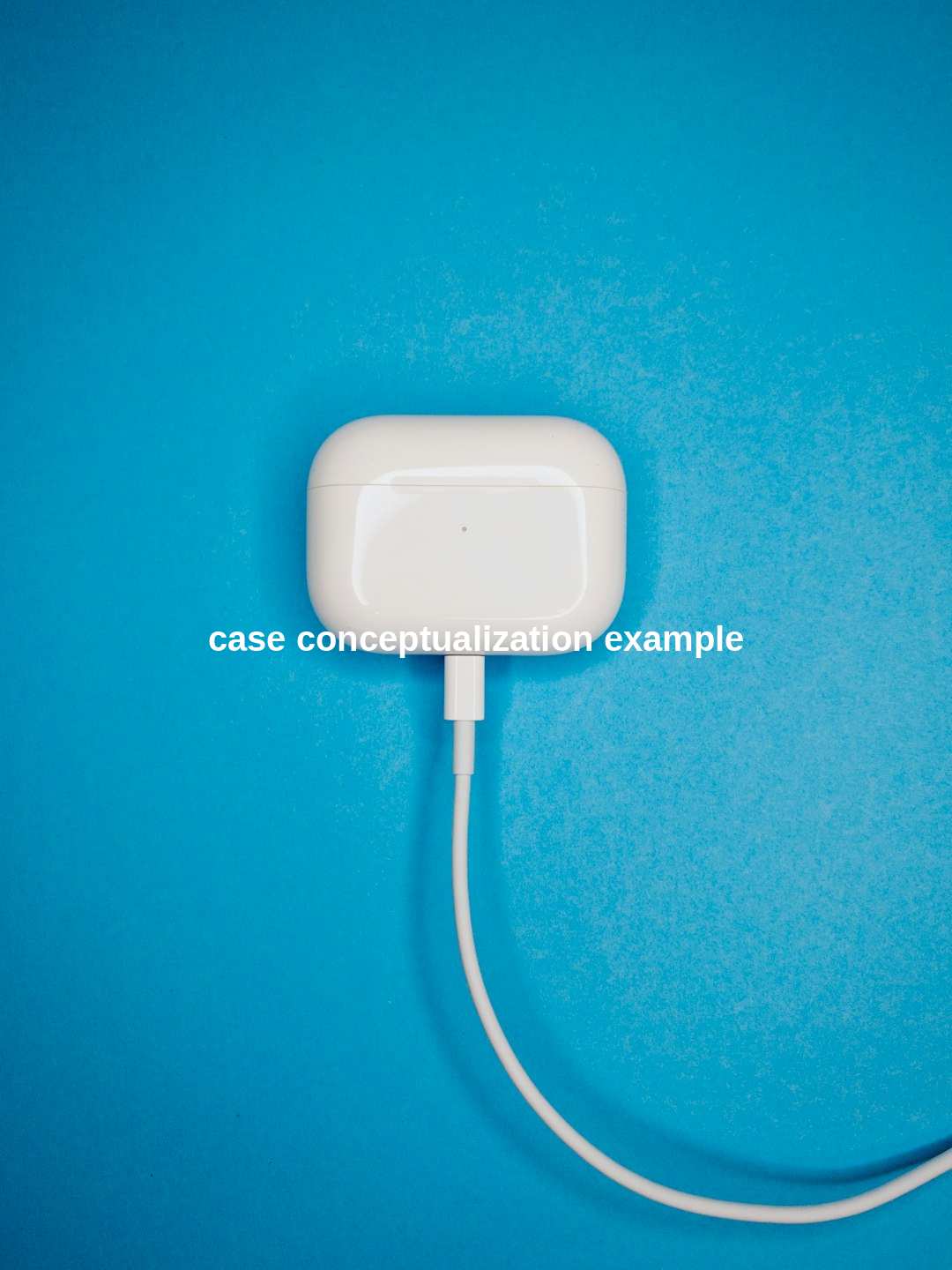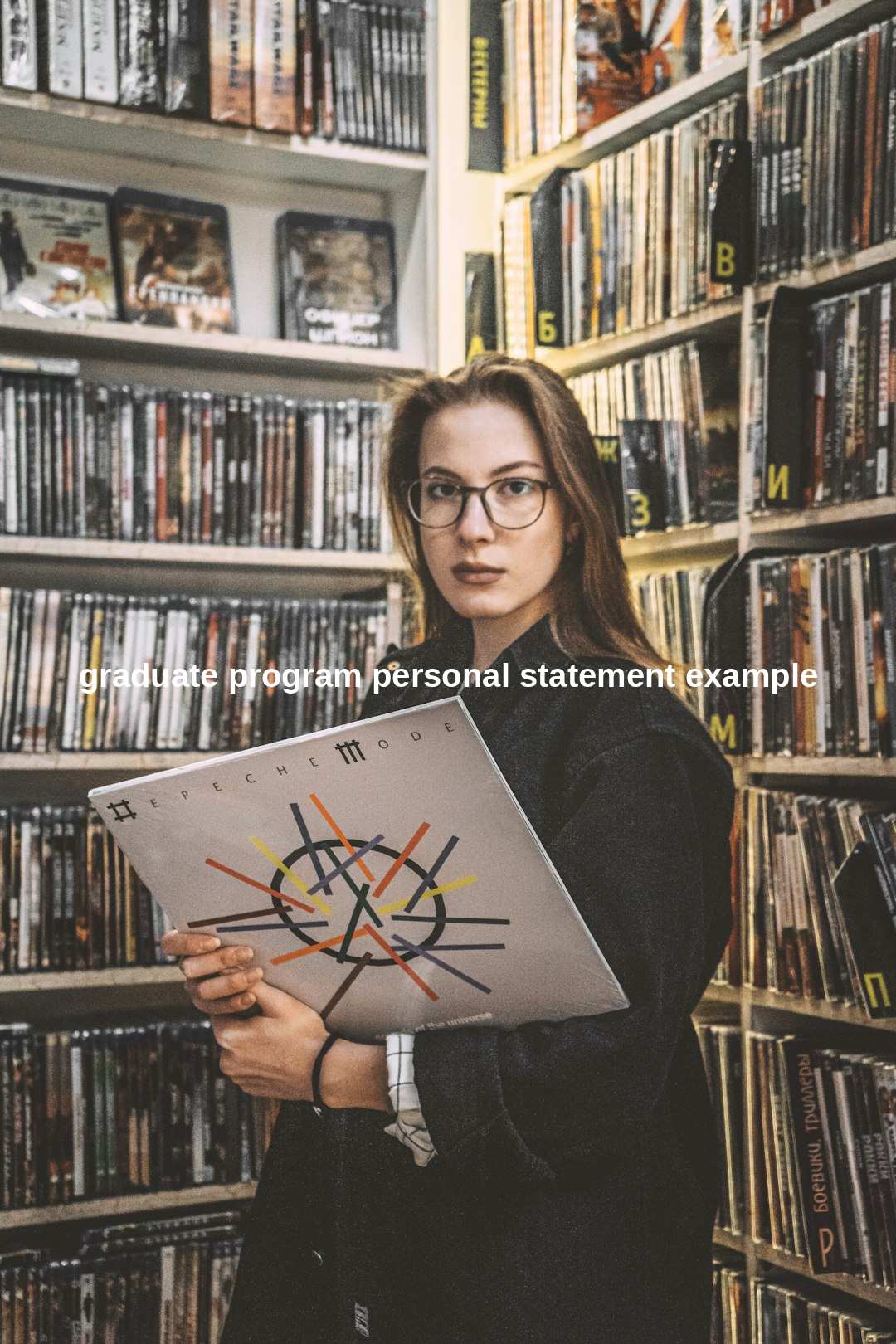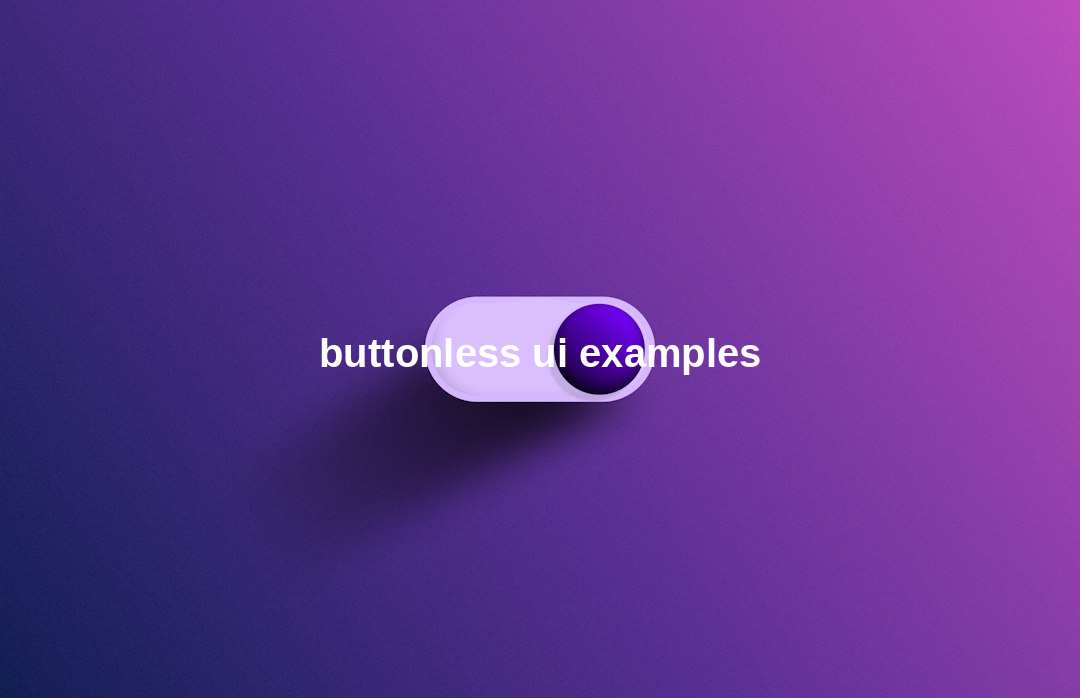Introduction:
Embracing the art of journaling can be a transformative experience, allowing individuals to delve into the depths of their thoughts, emotions, and daily experiences. A diary serves as a canvas for self-reflection and creativity, with every page holding the potential to capture the intricate details of one’s inner world. For those looking to begin this journey, examining various diary entry examples can offer valuable insights into how to effectively express oneself and document life’s myriad moments. These examples can serve as a beacon, guiding novices and seasoned journalers alike towards more profound and impactful diary writing.
| Aspect | Description | Purpose | Format |
|---|---|---|---|
| Date and Time | The starting point of every diary entry, capturing when the events occurred or when the entry was written. | To establish a chronological context and timeline for reflection. | Typically at the top of the entry; can include specific times for detailed documentation. |
| Emotional Tone | The emotional aspect that permeates the diary entry, capturing the writer’s mood and feelings. | To express and process the writer’s emotional state and its impact on experiences. | Expressed through descriptive language, choice of words, and writing style. |
| Main Events | A summary or detailed account of the key happenings the writer wishes to record. | To capture significant moments and details for future recollection and analysis. | May vary from factual, bullet-point lists to narrative, storytelling approaches. |
| Reflection | The writer’s personal insights, learnings, or questions about the day’s events. | To provide depth to the entry, facilitating personal growth and understanding. | Can be integrated with the event description or provided as a separate section. |
Unlocking the Heart of Self-Expression: The Art of Diary Writing
Journaling is an intimate practice that invites us to communicate with ourselves on a deeper level. It’s a tool for self-expression that can help articulate thoughts, confront feelings, and discover new aspects of our identity. Writing a diary can be a cathartic experience, and for many, it becomes a cherished ritual that enables them to unwind and connect with their inner voice.
Finding Your Unique Voice
As you embark on the path of diary writing, one of the most important aspects to embrace is the development of your unique voice. This is where the magic happens—within the pages of your diary, there is no need to conform to any standard other than your own. Your voice is the conduit through which your innermost thoughts and feelings flow, shaping them into words and sentences that reflect your true self.
For a diary to become a meaningful tool of self-expression, it’s imperative to be honest and authentic. Pour your thoughts onto the paper without judgment, let your emotions be felt fully, and write without fear of criticism. Remember, your diary is a judgment-free zone, intended solely for your eyes and your personal journey. It’s in this unfiltered expression that you often discover the purest insights into who you are and all that you can become.
The diary becomes a repository of your life’s narrative—a space where you can explore your dreams, contemplate your choices, and make sense of your place in the world. It’s a personal treasure trove that documents your journey, helping you track your growth and development over time. With each entry, you contribute another piece to the intricate puzzle of your existence, creating a legacy of thoughts and experiences that are uniquely yours.
Crafting Your Personal Narrative: Tips and Tricks for Meaningful Diary Entries

Writing a diary is not just about jotting down what you did each day; it’s about weaving the story of your life. Personal narratives in diary entries help you make sense of your experiences and can become a legacy you leave behind. To create a compelling narrative, there are several strategies you can employ.
Setting the Scene
Begin by setting the scene for your entry. Describe the sights, sounds, and sensations that surrounded your experiences. This draws the reader—and your future self—into the moment, making it more vivid and easier to recall.
Exploring Your Emotions
Don’t shy away from exploring your emotions. Your feelings provide depth to your narrative, turning a simple account of events into a story rich with human experience. Be descriptive about your emotions; instead of saying you were happy, explain what happiness means to you in that moment.
Deepen the significance of your diary entries by focusing on the narrative arc of your experiences, ensuring they reflect your personal growth and emotional journey.
Diverse Diaries: Exploring the Various Types of Journals
Diaries come in many forms, each tailored to different journaling needs and styles. Some diarists may gravitate towards bullet journals for their structured and organized approach, while others prefer free-writing in a classic diary to explore their innermost thoughts without restraints.
Finding the Right Fit
Finding the right type of diary for you is crucial. It should match your goals, whether that’s tracking personal achievements, venturing into creative writing, or chronicling your emotional growth. Reflect on what you want to get out of your diary before choosing its format.
A Range of Possibilities
Some popular diary formats include gratitude journals, dream diaries, travel journals, and project diaries. Each serves a unique purpose and can enrich your life in different ways.
Explore various types of journals to find one that resonates with your needs and preferences, offering you the most comfortable and rewarding space for self-expression.
The Digital Age Diary: Embracing Technology in Journaling
The traditional pen-and-paper diary has evolved with technology, allowing diarists to maintain digital journals. These can be more accessible, easily searchable, and often more secure, thanks to password protection.
Convenient and Customizable
Digital diaries offer a range of features that can enhance your journaling experience. From multimedia attachments to mood trackers, they provide a multifaceted view of your life.
Maintaining a Habit
Digital diaries can also help in maintaining a regular journaling habit, with reminders and prompts that encourage you to write daily. They are perfect for those who are always on the go and prefer typing over writing by hand.
Embrace the convenience and flexibility that digital diaries offer, harnessing the power of technology to enrich the way you record and reflect on your life’s story.
Reflecting on the Journey: The Power of Diary Entries in Personal Growth
In hindsight, the disciplined practice of maintaining a diary can be one of the most powerful tools for personal growth. It serves as an unfaltering companion that witnesses the ebbs and flows of one’s life journey, offering invaluable perspectives along the way. Diary entries provide not just a record of days gone by, but a map of the emotional and intellectual paths we traverse. The process of reflecting on our experiences and emotions through diary entries is instrumental in our continuous, conscious quest for self-improvement. By looking back at previous entries, we can gain insights into patterns and triggers in our lives, confront truths we might otherwise avoid, and celebrate the progress we’ve made.
Here is a summary of the most important information from the topic of diary writing as a tool for personal growth:
- Diary writing allows for profound self-exploration and serves as a medium for expressing one’s deepest thoughts and feelings.
- Examining various diary entry examples can help new diarists understand how to effectively articulate their experiences.
- Constructing a personal narrative in diary entries can add depth and meaning, transforming everyday occurrences into a storyline of growth.
- The type of diary chosen should align with an individual’s journaling objectives, whether for emotional processing, creativity, or goal tracking.
- Embracing digital diaries can offer modern conveniences, such as multimedia integration and privacy, making the process more adaptable to individual lifestyles.
- Regular reflection on past diary entries can highlight personal evolution over time and cultivate mindfulness about one’s ongoing development.
In essence, keeping a diary is more than a mere chronicle of events; it’s a journey of self-discovery and personal evolution. The habit of writing diary entries consistently can lead to greater self-awareness, emotional clarity, and a sense of purpose in life’s narrative.


